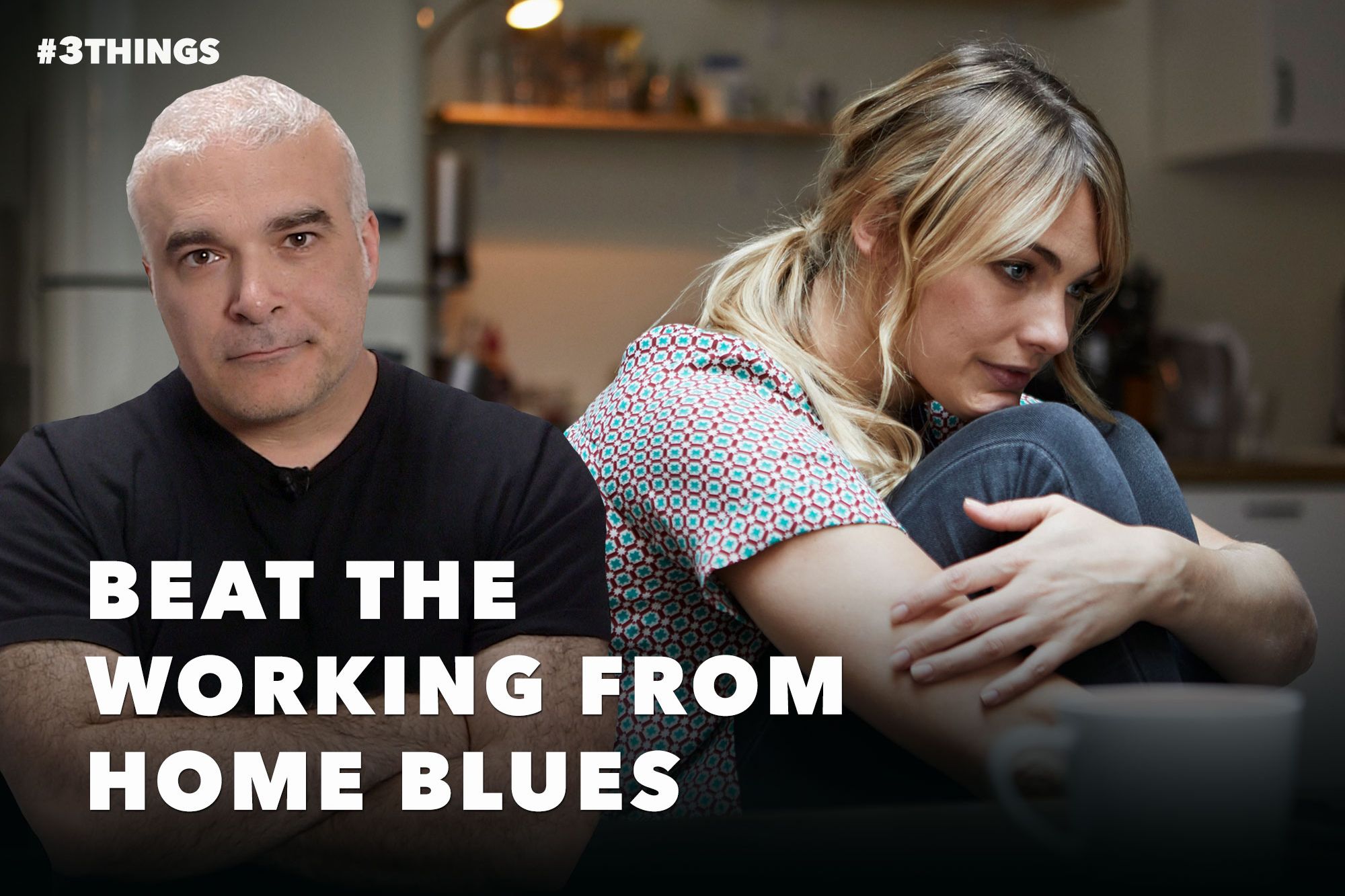Filmmaker Ken Burns Explains How to Build a Team You'd Trust in Battle The award-winning filmmaker shares his philosophy on collaboration and the freedom to screw up.
By Dan Bova

In advance of the release of Ken Burns' and Lynn Novick's new 10-part documentary film series The Vietnam War, we spoke with the multitasking maestro (he's often working on 10 projects at one time) about leadership, team building and the freedom of screwing up.
Below is an excerpt from the full transcript of our conversation. You can read the entire interview in the new issue of Entrepreneur magazine (or here).
Can you give people a picture of the Ken Burns industrial complex? I think people probably have a vision of you looking through stacks of books and looking through pictures, which I'm sure you do, but also there's a lot more people involved in that.
So the film credits show several hundred people that we're very grateful for. But every one of the films is really handmade. And even in the big series, you can reduce it to about a dozen or so people that were instrumental. So it's an intimate, kind of family project. For me, it's really important to choose the right collaborators, to learn how to delegate, to trust them. It's great because most my editors, for example, came as interns, and worked their way to apprentice, and then became an assistant, then after 10 or 15 years to a full-fledged editor. Then based on seniority rise to be the senior editor on a particular project.
Related: Ken Burns Talks About Leadership, Productivity and Achieving Immortality Through Storytelling
How do you stay on track with so many massive projects?
So a lot of it is good generalship, planning the time. When we finished editing the Vietnam things, then we have time to edit the country music thing. A lot of the one-off or two part biographies sneak in here and there. So a lot of it is extraordinarily careful time management. But the biggest thing is this is a gloriously collaborative medium, and it's choosing the right people. I'm thrilled that we're invigorated by young talent all the time, but I also have a lot of people I'd trust to go to battle with. People I'd want to spend time in a foxhole with.
Can you talk about criticizing your team, especially when you are so tightly-knit? Sometimes in a leadership position you have to, for lack of a better term, bust some balls.
So everybody screws up, including me. I have a certain confidence, that even in the darkest days, I seem to know what to do next. And I do, and I say that. But that's not to say that the next day it isn't terrible, that it doesn't suck. And I'm the first person to admit that. If you create that environment, then there's not a question of needing to bust any balls. It's a question of process. We're all going to try something. This isn't heart surgery, this isn't brain surgery, where you yell at someone if they hand you the wrong scalpel. We hope to perform a sort of open-heart surgery with the results of the film, but there's no yelling, we don't yell. We can have disagreements that can be passionate, but they're not loud and vociferous, they're not personal and angry. I know that I have the right to make the final decision, and I will make that if we're in doubt. But I would rather reach a consensus before we have to drop that shoe. But even then, because of the way we've operated in this generous spirit of collaboration, people are going to trust that if I have to make that final decision, that we've all come along to make it.














